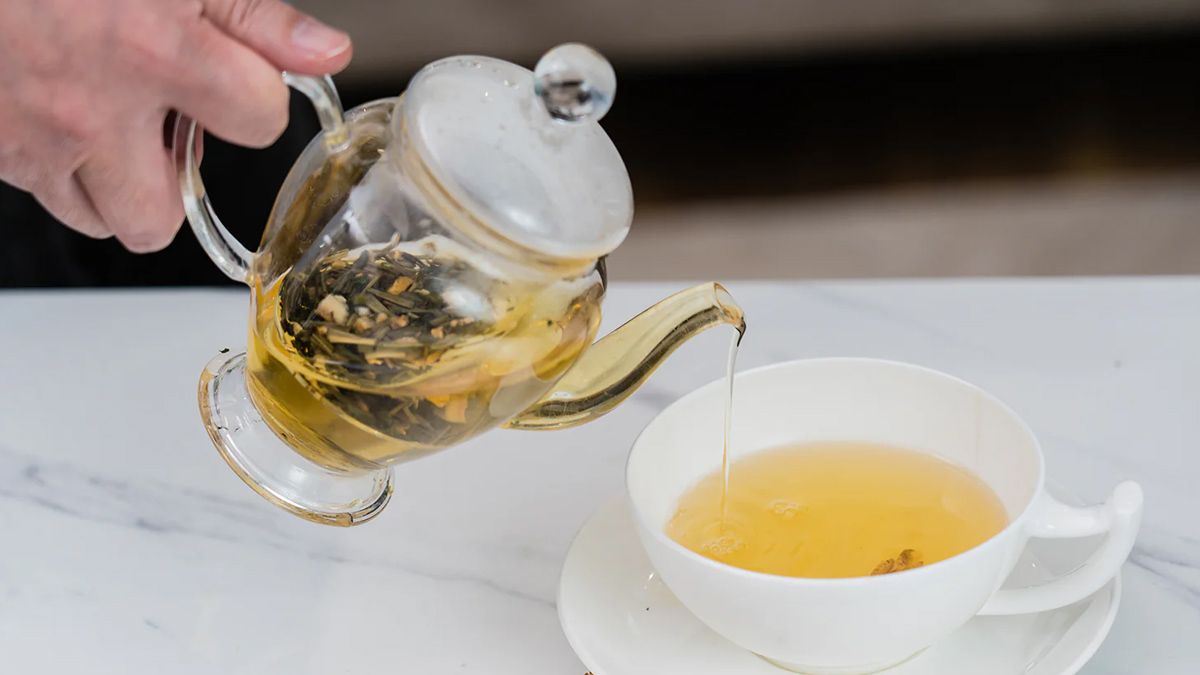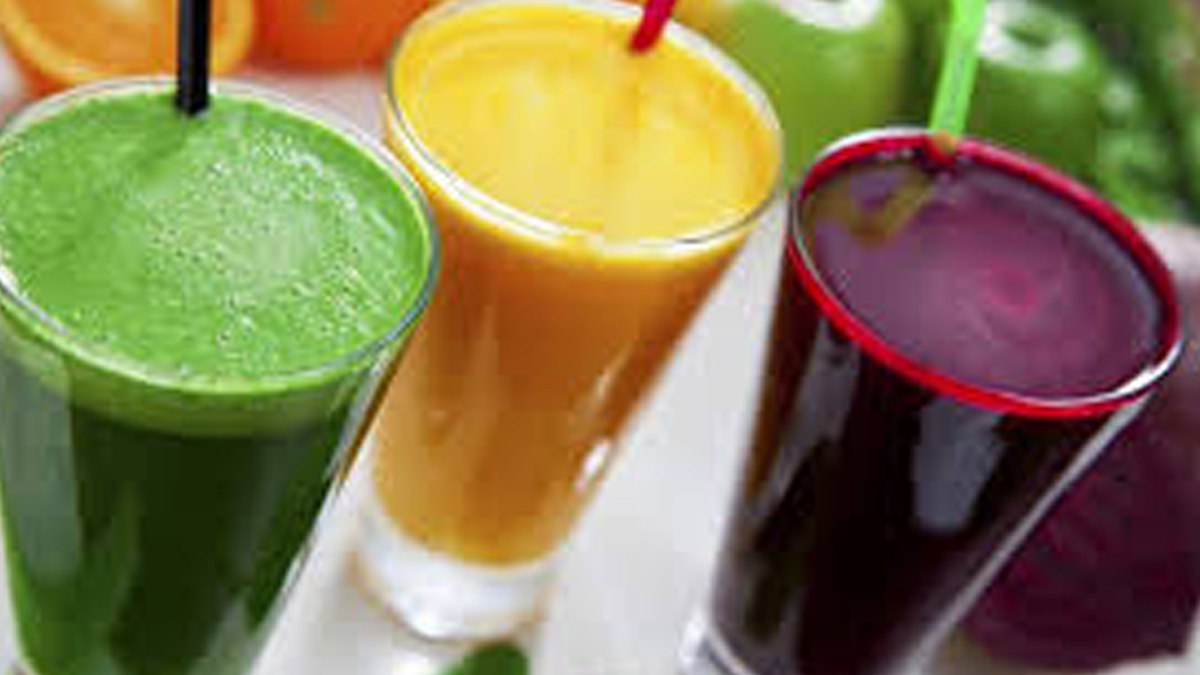
In recent years, the wellness industry has grown into a multi-billion-dollar empire, promoting everything from detox teas to extreme fasting regimens. While some health trends do offer legitimate benefits, others can be misleading—or even dangerous. In the pursuit of better health, many people unknowingly adopt habits that could be causing more harm than good. Here are some popular wellness trends that might not be as beneficial as they seem.
Table of Content:-
Wellness Trends That Might Be Doing More Harm Than Good
Extreme Fasting: When Health Becomes Starvation
Intermittent fasting has gained immense popularity for its potential benefits, such as improved metabolism and insulin sensitivity. However, some individuals take fasting to an extreme, drastically cutting calories or skipping meals for extended periods. This approach can lead to dizziness, irritability, muscle loss, and even unhealthy eating patterns.

When fasting turns into an obsession with controlling food intake, it may contribute to disordered eating behaviors. Sustainable health is about balance, not deprivation—listening to your body's hunger cues and maintaining a nutrient-rich diet is far more beneficial than extreme calorie restriction.
Supplement Overload: When More Isn’t Better
The supplement industry thrives on the promise of quick fixes—collagen powders for youthful skin, mystery pills for weight loss, and mega-doses of vitamins for enhanced well-being. While some supplements can be beneficial, excessive intake—particularly of fat-soluble vitamins like A, D, E, and K—can be toxic.

Overconsumption of supplements may lead to unwanted side effects, including liver damage, kidney stress, and imbalances in essential nutrients. Rather than relying on a cocktail of pills and powders, prioritizing a well-rounded diet is the most effective way to meet nutritional needs.
Detox Teas: A False Promise of Cleansing
Detox teas are often marketed as a miracle solution for weight loss, glowing skin, and overall body purification. However, many of these products contain senna, a natural laxative that can lead to dehydration, electrolyte imbalances, and dependency when used excessively. While occasional laxative use may not pose serious harm, relying on detox teas as a routine method for cleansing can disrupt digestive health.

The truth is, the human body is naturally equipped to detox itself—thanks to the liver and kidneys, which work around the clock to eliminate toxins. Instead of falling for the detox tea hype, a balanced diet rich in fiber and hydration is a much safer and more effective way to support your body's natural detoxification processes.
Juice Cleanses: A Sugary Trap
Juice cleanses are often promoted as a way to reset the body and flood it with essential nutrients. However, these liquid diets usually strip fruits and vegetables of their fiber, leaving behind a high-sugar beverage that can cause blood sugar spikes and energy crashes. While drinking fresh juice in moderation can be a healthy addition to a diet, replacing meals entirely with juice is neither sustainable nor nutritionally complete.
Instead of relying on expensive juice cleanses, a well-balanced diet that includes whole fruits, vegetables, proteins, and healthy fats provides a much more effective and lasting boost to overall health.
Bottomline
Wellness should not be about chasing fads or succumbing to marketing gimmicks. If a health trend sounds too good to be true, it probably is. True well-being comes from a sustainable, evidence-based approach that prioritizes long-term health over quick fixes. Before jumping on the latest wellness bandwagon, ask yourself: Is this genuinely beneficial for my health, or just another industry cash grab? A little skepticism can go a long way in making informed and healthy choices.
Also watch this video
How we keep this article up to date:
We work with experts and keep a close eye on the latest in health and wellness. Whenever there is a new research or helpful information, we update our articles with accurate and useful advice.
Current Version